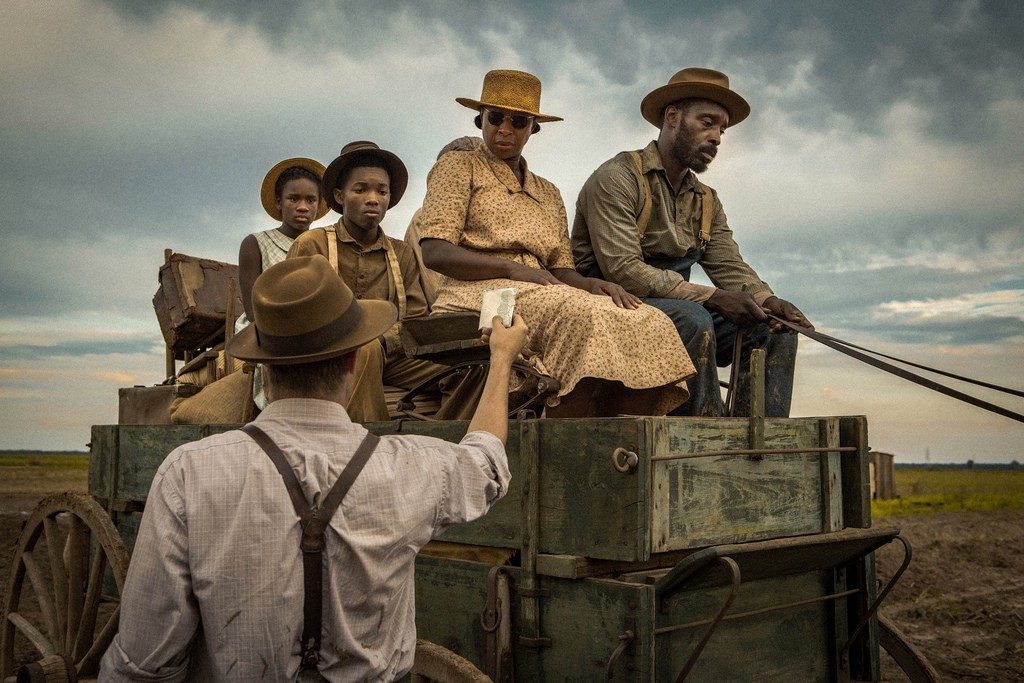The most iconic night in the industry is almost upon us. The Academy Awards take place March 4, and nominations won’t be announced until January 23, but we’re gradually learning more and more about who might find themselves accepting an Oscar in 2018. Yesterday the Academy announced the films in the running for the Best Original Score category. 141 films are in the race, and just six of them are composed by women, amounting to four percent. Two female composers scored two nods each, so that means that there are just four women eligible overall.
Laura Karpman is in the mix for road trip romance “Paris Can Wait” and dance documentary “Step,” and Rachel Portman for Gemma Arterton-starrer “Their Finest” and box office hit “A Dog’s Purpose.” Tamar-kali is in the running for Southern epic “Mudbound” and Silvia Leonetti for end of times drama “The Second Coming of Christ.”
It’s worth noting that four of those films are directed by a woman: “Paris Can Wait” (Eleanor Coppola), “Step” (Amanda Lipitz), “Their Finest” (Lone Scherfig), and “Mudbound” (Dee Rees). As research from Dr. Martha Lauzen and the Center for the Study of Women in Television & Film shows, films with at least one female director employ a greater percentage of women working as composers than films with exclusively male directors. Overall, women comprised three percent of composers working on the 250 top-grossing films of 2016.
In 1996, Portman became the first female composer to win an Academy Award for her original score. She won in in the category of Best Musical or Comedy Score for “Emma.” (The Original Score category no longer differentiates between film genres.)
Karpman is the founding President of the Alliance for Women Film Composers, and has spoken out often about the issues facing female composers. “I think the issue for women composers is the same as women period,” she’s said. “Visibility, are we getting out there, are we making enough money to hire the publicists to get us in the conversation, is there a consciousness about putting us on panels, is there a consciousness about including us in concerts. I think that the more advocates that we have … the better it is, and we need men, frankly, to advocate for us.”






